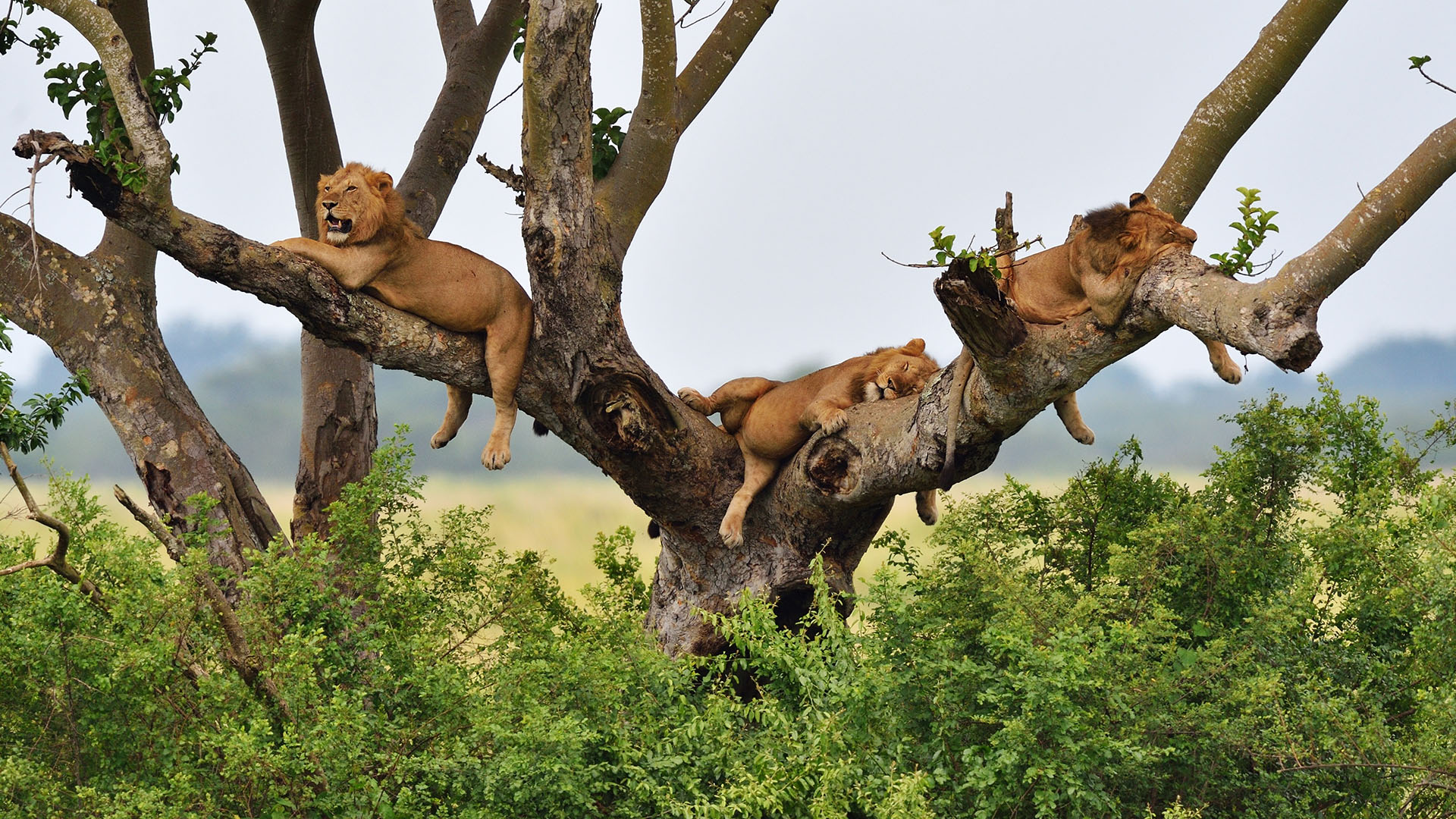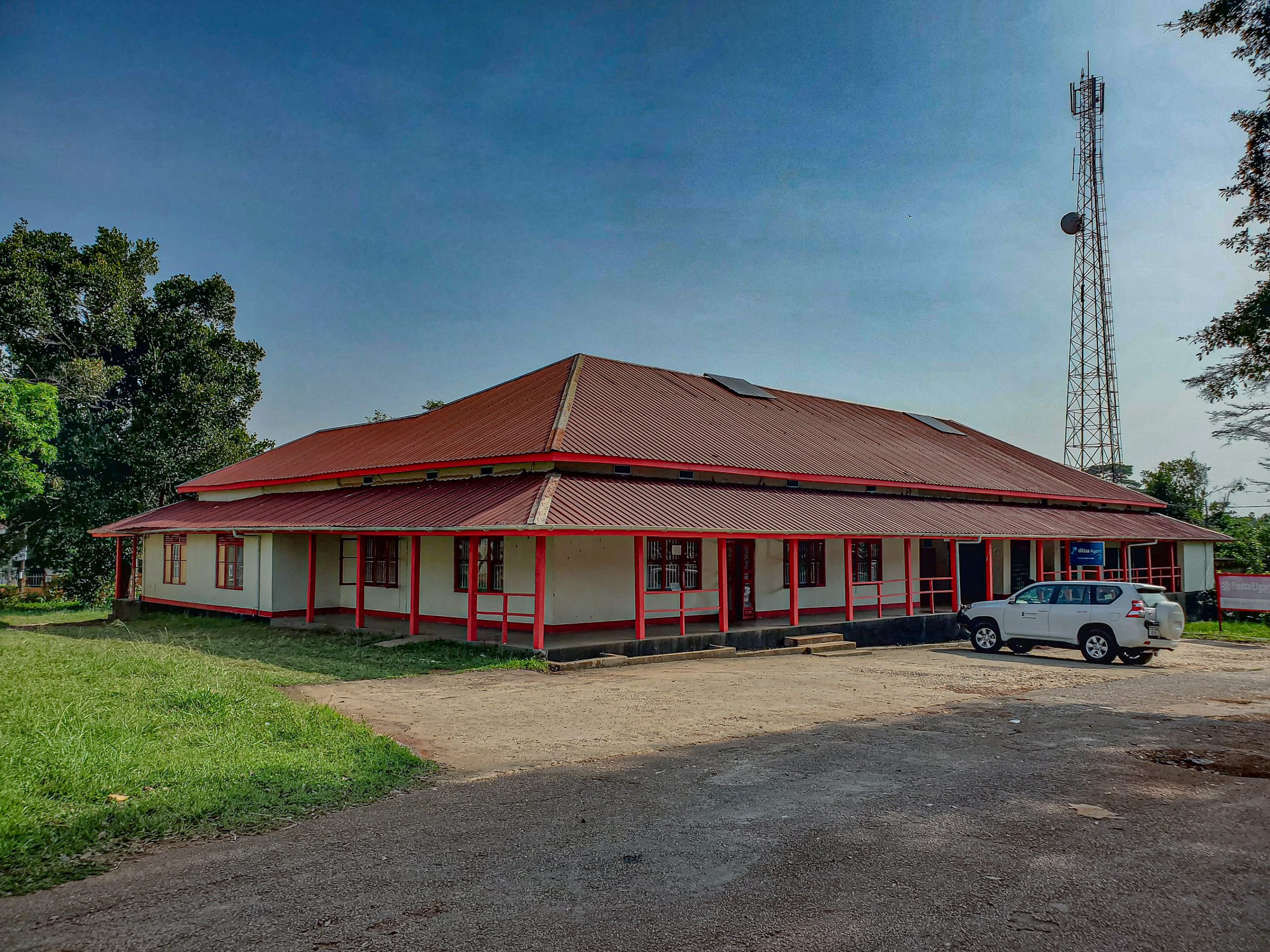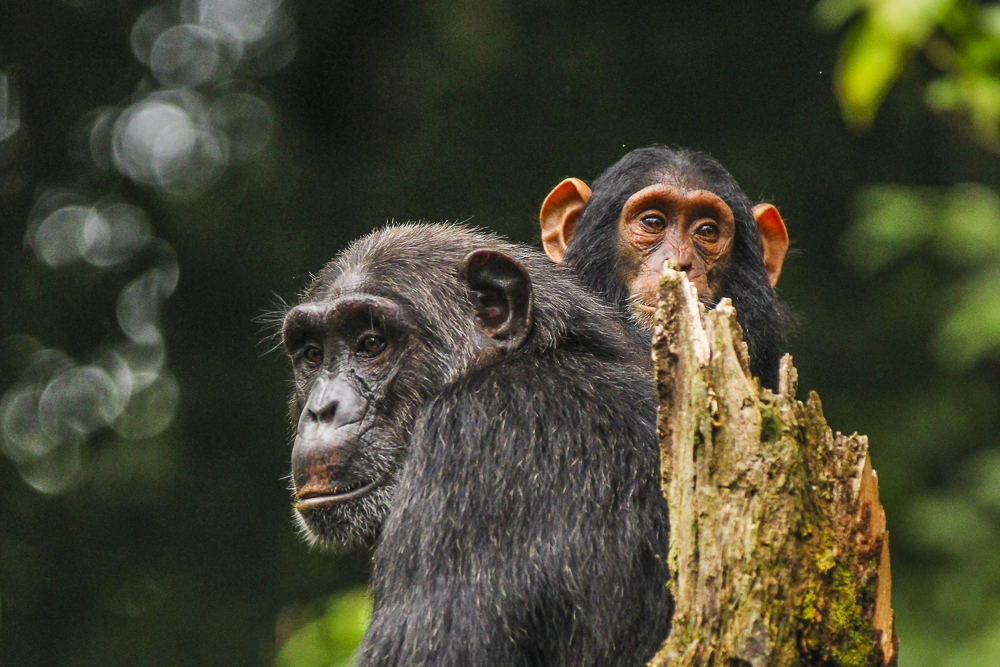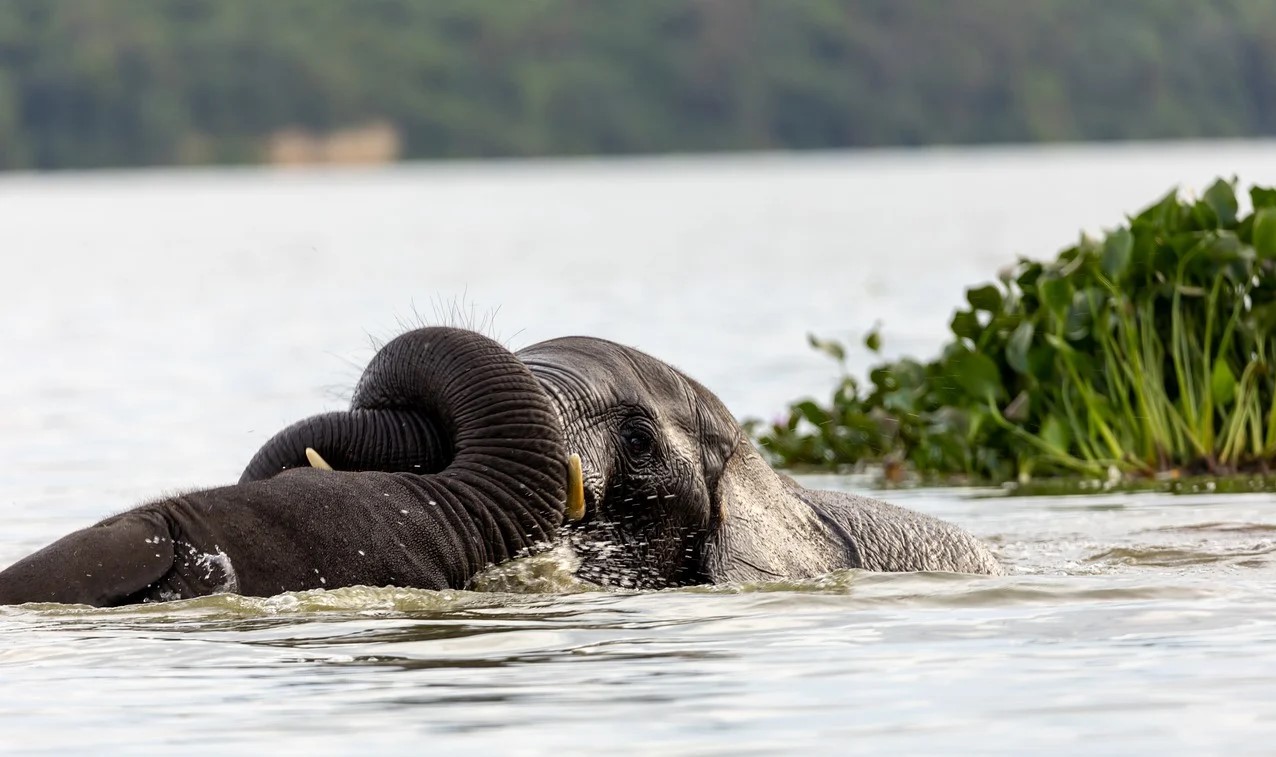
The Majestic Tree-Climbing Lions of Africa: Meet the Acrobatic Predators of the Savannah.
Within the Genus Panthera, tree climbing lions are an uncommon species of cat. The primary distinction that sets them apart from other lions is their facile ability to scale trees. They are indigenous to Africa and live on the grasses of the savannah. Their broad-chested, muscular physique, small, rounded heads, round ears, and hairy bodies—particularly the tails—have made them well-known.
Because they are such gregarious creatures, tree-climbing lions are frequently observed in groups known as prides. In the African savannah parks, one of the things that adventurers dream for is the chance to watch them do their job. Males of this species exhibit sexual dimorphism, as evidenced by their bigger stature compared to females and their massive manes, which serve as powerful symbols of dominance within their respective territories.
They are an important predator in the savannahs of Africa. This is due to the fact that, in comparison to many other species, they have a far greater impact on their environments. Because they are responsible for keeping an eye on the lesser animals in their environments, they devour ungulates. Despite being more active during the dawn and dusk, lions who climb trees have stronger diurnal ability than other cats. It’s amazing how they can lounge around in the tree branches for the majority of the day, hunting only when they’re really hungry. They typically dine during the golden hours and unwind amid the trees while keeping an eye on their highly prized lands.
The IUCN Red List has classified tree-climbing lions as vulnerable since the late 1990s. This is because of the grave dangers they endure at the hands of traditionalists and poachers who often view their priceless skin as a fashion accessory during their cultural events. However, their numbers have increased as a result of local governments’ and non-governmental organizations’ increasing dedication to conservation and increased awareness of the issue.
Where do tree climbing lions stay?
The tree climbing lions inhabit the savannahs, grasslands, and shrubs in Africa. They live in East Africa in the Ishasha sector of Queen Elizabeth National Park, the Serengeti in Tanzania, and Masai Mara National Reserve in Kenya. They enjoy climbing acacia and fig trees. On their safaris, travellers love to marvel at these amazing creatures. In addition, they engage in exquisite photography that serves as a record of their travels around Africa.
Why do lions climb trees?
Getting up in the tree branches can be done for a number of reasons. Lions that climb trees do so primarily to avoid the biting insects that are on the ground. The grounds are sometimes infected with a variety of biting insects during wet seasons, endangering the tranquilly of the lions. As a result, they ascend to defend themselves as a solution. According to some beliefs, the lions are climbing trees to get away from the rising temperatures below ground. Moreover, scientists claim that they ascend trees in order to keep an eye on their territory and locate their next meal.
What enables lions to climb trees?
An essential component of tree climbing are the lions’ razor-sharp claws. They can achieve even greater heights because of these, in addition to their strength, agility, and capacity to lift and bear their own weight. Lions that climb trees also drag their victims up the branches with them. This indicates even more how formidable and skilled they are at their craft.
Best time to watch tree climbing lions.
During the golden hours is the best time to visit and observe the habitats of the tree climbing lions. Tourist guides take visitors on safaris where they look for game by driving them around. Typically, the lions hunt during the prime hours of the morning and sunset. Even more satisfying than the safari is the chance to witness them make a kill. Lions that climb trees can be spotted year-round since their habitats are always accessible.
SEND INQUIRY for an exciting trip to see the tree climbing lions in their natural habitats. Or contact us directly at +256 393 247 137 / +256 742 678 918 or email us at info@ibuthsafaris.com.



